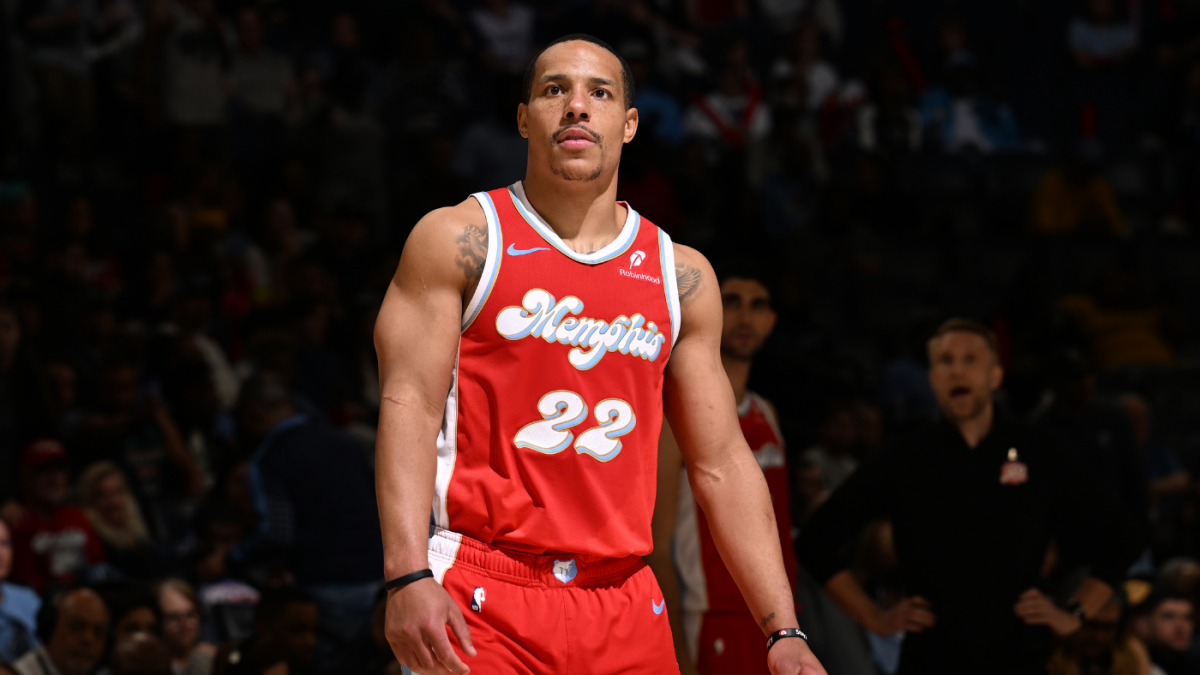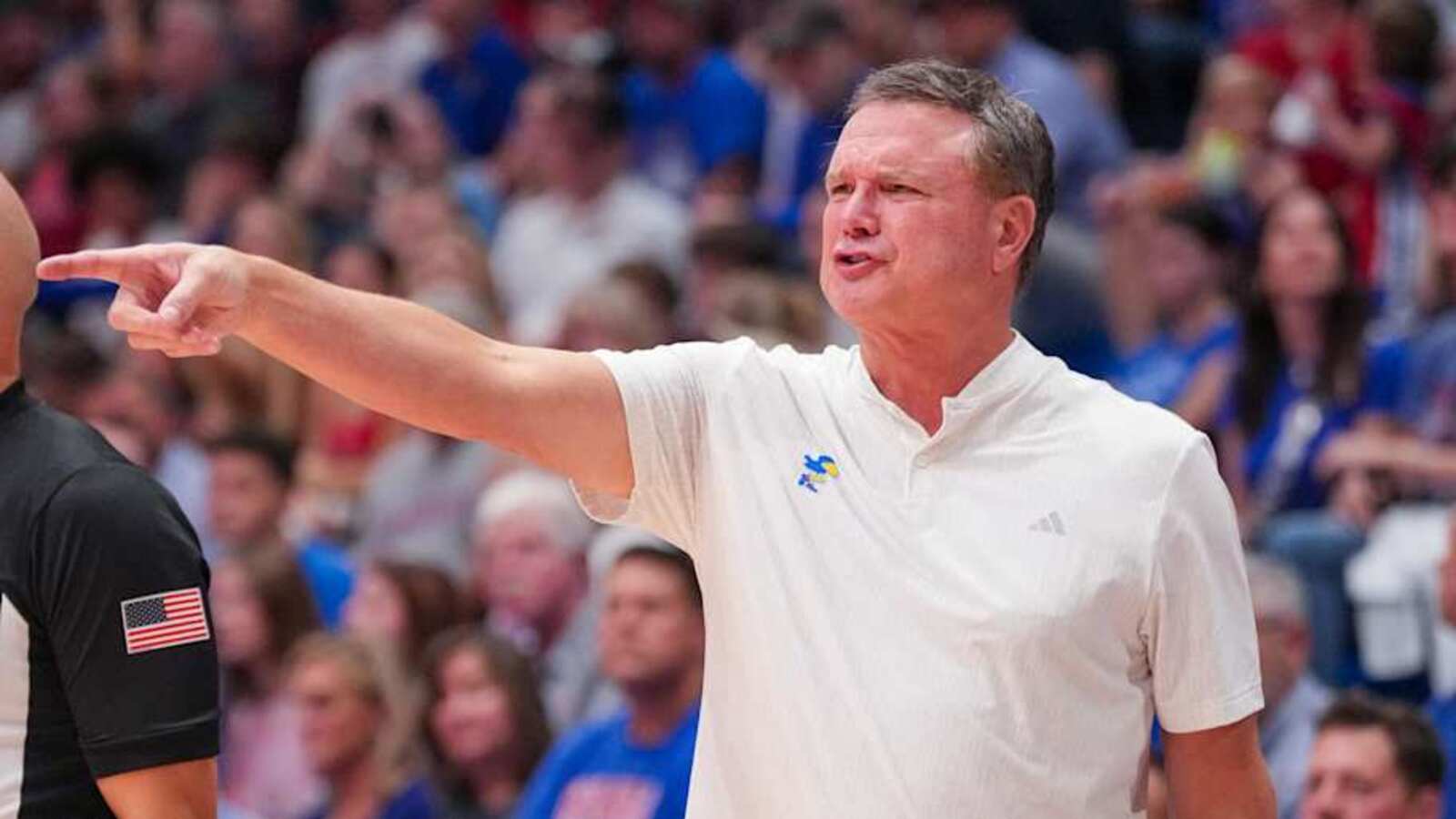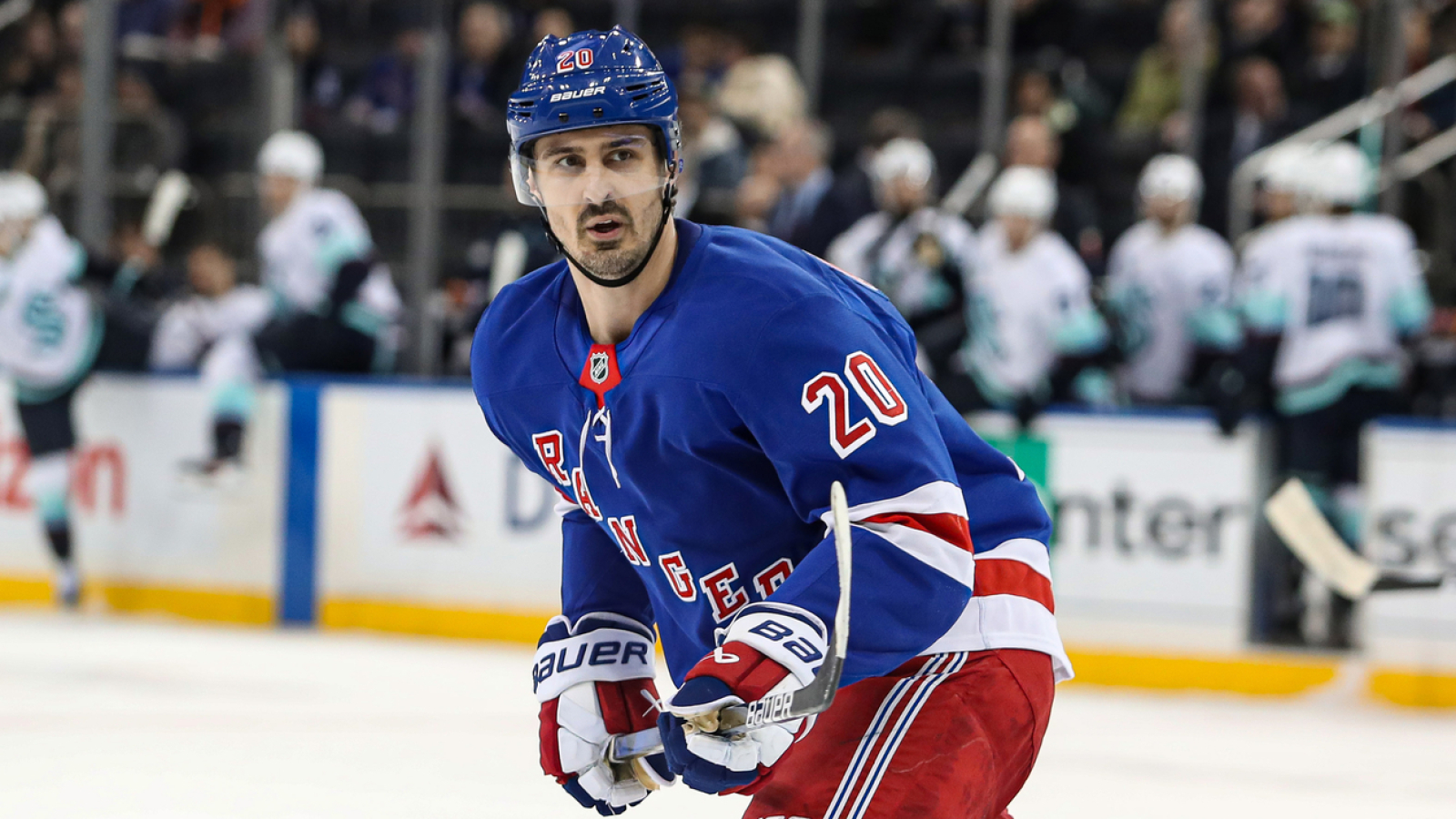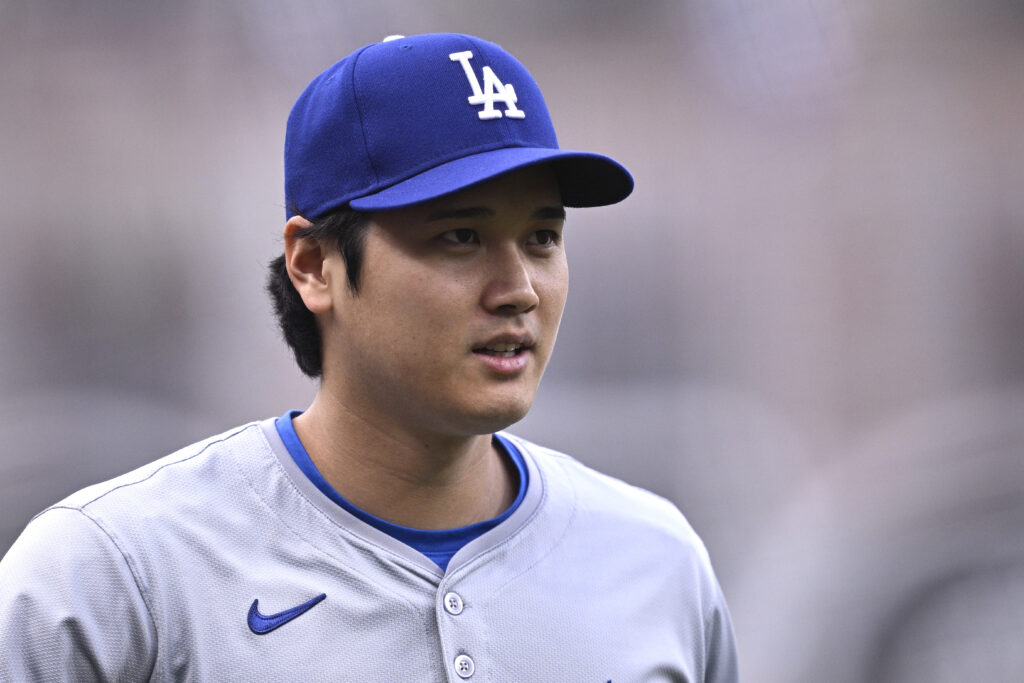The NBA never stops being crazy. Just when you think it’s a Finals off day and things might be a little slow, you wake up on Father’s Day to the breaking report that the Memphis Grizzlies have traded Desmond Bane to the Orlando Magic for Kentavious Caldwell-Pope, Cole Anthony, four unprotected first-round picks and one first-round pick swap.
That is, suffice it to say, one hell of a haul for the Grizzlies, who reportedly get Orlando’s picks in 2025, 2028 and 2030, and Phoenix’s pick in 2026, which could be a very valuable asset if the Suns end up going in the tank after the inevitable Kevin Durant trade.
Orlando gets a very good player in Bane, but I have thoughts on what he means for them and whether this was the all-in move to make. In fact, I have a lot of thoughts on this trade and what it may or may not mean not just for the teams involved but for the trade market at league at large. Let’s talk about this.
Desmond Bane trade grades: Magic, Grizzlies make fairly even swap as Memphis pulls in impressive return
Jasmyn Wimbish

Memphis is partying
Bane is one of those low-end All-Star players who isn’t actually an All-Star (at least not yet, as that could change in the Eastern Conference), but this is a superstar haul for a Memphis team that accomplishes two major things, with perhaps a third potential path, a total blowup, not completely out of the question.
1. Big 3 breakup: These top-heavy rosters are not the way of the new NBA. The Grizzlies needed to break up the core, talented as it is, of Ja Morant, Jaren Jackson Jr. and Bane, which was about to become super expensive with the *hopeful extension of Jackson Jr. With Bane out, the Grizzlies can now focus on the JJJ renegotiation, which is its own complication. From ESPN’s Bobby Marks:
Because the rookie extension [Jackson] signed in 2021 declines, the maximum extension [Memphis can currently offer] would be four years, $146 million — $150 million less than what Jackson can sign with Memphis as a free agent in 2026 and $75 million less than what he could sign with a team that has cap space. A renegotiation and extension is allowed, but only if the Grizzlies create cap space in the offseason.
Basically, the Grizzlies need to trim some team salary to renegotiate Jackson’s 2025 individual salary (currently $23.4 million) to a higher number, which would then become the new basis point for his extension. Jackson Jr. lost access to a potential $345 million supermax windfall by not making All-NBA this season, which would have made Memphis’ job of re-signing him easier.
Now they have to hope he’ll take the security of a long-term extension at a lower number than he could garner on the open market next summer. Memphis now has a few paths to freeing up salary by trading, say, Jon Konchar to a team with the cap space to not have to send salary back. They could do the same by flipping Caldwell-Pope or Anthony to a team that can send back less salary. Memphis now has a lot of draft picks if it needs to incentivize some team to participate here.
Long story short, the Grizzlies want to re-sign Jackson, while Morant is locked up through 2028 but is eligible to sign an extension through 2030 this summer if he and the Grizzlies are ready to make that commitment. This is still fluid in Memphis, which actually added money to its books with this Bane deal, but the outline of breaking JJJ, Morant and Bane up for a less top-heavy and more flexible roster moving forward has been drawn.
2. Depth: Two of the deepest teams in the NBA are playing for the championship right now. Memphis was a deep team already, to be fair, but it was going to be a lot harder to keep it that way once the super team-friendly deal that Jackson is currently on comes to an end. Plus, there’s a difference between volume depth and true, high-end depth beyond seven or eight guys in a playoff rotation.
The Grizzlies were more of a volume depth roster. If they don’t flip KCP or Anthony, those are two legit playoff rotation players in place of one in Bane. KCP does a lot of the stuff Bane does; he’s a better defender and can catch and shoot 3s, though he’s not nearly the scorer that Bane is overall. Memphis is betting Morant and JJJ are enough to check the top-end scoring box, and now they have a lot more ammo to fill in around them.
It’s a smart move. The Grizzlies can use these future picks to add the kind of cheap labor that is so important in this second-apron landscape, or they can obviously use them to make more trades, which we’ll get to shortly. In the end, it was a no-brainer trade from any vantage point. Bane is a really good player, but four first-round picks plus two viable playoff rotation players is a score almost too good to be true.
3. Total blowup: Don’t completely rule out the possibility of the Grizzlies blowing the whole thing up and also trading Morant and JJJ. Morant, as mentioned, is up for a two-year extension and there is a legitimate question as to how far you’re going with him as your best player for both on and off-court reasons. The JJJ contract situation, as briefly stated above, could be complicated if JJJ decides he wants to go to a team with max space that can pay him more in 2026 (don’t look now, but the Lakers are positioned to have this kind of room if this is LeBron’s last season).
Perhaps Memphis isn’t convinced of the Jackson-Morant duo as a contender and is merely getting the ball rolling on a grander plan with the Bane move. This might not be done in Memphis.
When the New York Knicks traded five first-round picks plus a couple swaps for Bridges, it was, in a vacuum, an absolutely crazy package to give up for a guy who has never been an All-Star. But the Knicks made that deal in the context of their team, not based on what a player like Bridges would or should be worth in a general sense, and it landed them in the conference finals.
Orlando is making the same bet with Bane, who is not worth four first-round picks (Luka Doncic only brought back one pick, for crying out loud!) in any kind of normal market, but to the Magic specifically, he represents the offensive juice they so desperately need with an elite defense already in place.
But here’s the difference between the Knicks going all-in on Bridges and Orlando mortgaging a significant part of its future on Bane: the Knicks have Jalen Brunson, so Bridges didn’t have to be the top perimeter creator that he was overtasked with being in Brooklyn. If the Magic had a top-end end offensive creator, Bane would fit perfectly, as he did next to Morant. But if he’s your go-to guard as both scorer and creator, you’re asking too much.
It’s not that Bane can’t create. He averaged more than five assists a game each of the last two seasons. It’s just that he’s a secondary creator, and Orlando is still lacking, at least in any kind of traditional sense, a primary one, and now they’re a second-apron team next year and don’t have any assets left to go out and add one.
So why make this move? Again, I think it’s a reach. But it’s understandable through two prisms. First, the Magic are betting that Franz Wagner, a unique 6-foot-11 playmaker, and Paolo Banchero can serve as de-facto point guards (as they are already comfortable doing), and that with Bane in the mix, and Jalen Suggs back and Anthony Black coming along, they will have enough creation in the aggregate to get by.
They might not be wrong. Which brings us to the second reason for making this move …
The East is wide open
I’m going to be very clear about this: If the Magic are in the Western Conference, they do not make this move. But in the East? The simple truth is you don’t have to be as good to be a real contender. You can understand Orlando’s brass looking at the Pacers, who had 66-1 odds to win the the title to start the season and 80-1 at the beginning of the playoffs, playing in the Finals and convincing themselves they’re a Bane-like player away from potentially making the same kind of run.
After all, they have the elite defense in place, and Bane definitely makes them a far more viable offense. They were the No. 5 seed two years ago. The Cavs have proven vulnerable. The Celtics might be basically punting next season. The Bucks are going to stink. Same for the Heat. The Sixers are a mess. Detroit is good but not anything more than that. New York could’ve easily lost to the Pistons and, by the same token, could’ve beaten the Pacers if not for some wacky stuff.
So if Indiana and New York and Cleveland, give or take, are something close to the East’s contention standard next season, Orlando clearly thinks Bane brings them close enough to that level to warrant an aggressive trade. Again, I think they’re wrong. But I didn’t think the Pacers would be in the Finals either. The East makes a lot of things possible that you wouldn’t even be able to consider in the West.



